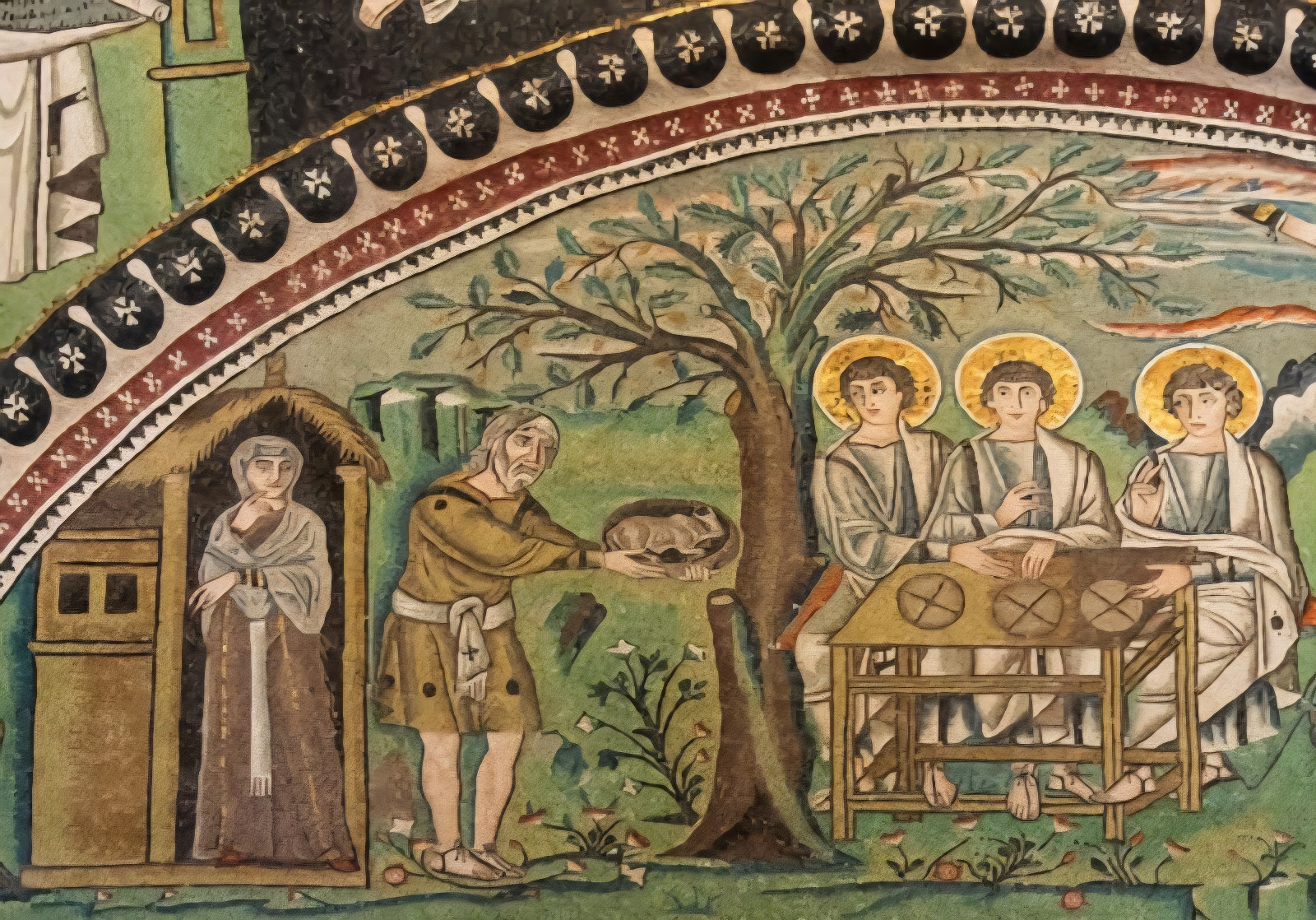In Memory: Bishop Alberto Ramento
Luke 13. 18-19
Gaius Plinius Secundus (aka Pliny the Elder) in his Natural History 19.170-171 wrote that “mustard [sinapi kokkos] …grows entirely wild… and when it is sown, it is scarcely possible to get the place free of it, as the seed when it falls germinates at once.”
John Dominic Crossan tells us that the mustard in the parable was a wild weed shrub that grew to about five feet or even higher. Even in their domesticated form they were a lot to handle. Mustard in a well-kept garden not only spread beyond expectations but also attracted birds of all forms thus disturbing the natural balance of a well-manicured garden, with the birds’ unpredictable feeding habits, and worse, their droppings. St. Francis of Assisi, who, as legend has it, was very close to wild creatures, and who, as the story goes, would not even hurt a fly, was also against the pulling out of weeds.
Gardeners, of course, did not want weeds in their gardens. They did not want wild mustard at all cost. They spend time creating the perfect balance in their gardens: putting in the best, throwing out the worst. A well-manicured garden has no room for wild mustard so they cut mustard young and at the roots. The mustard weed though have a way of coming back.
They always do.
The parable likens God’s reign, God’s empire to a weed. It grows where it is not wanted and eventually takes over the place. Jesus, who advocated an alternative culture of radical egalitarianism, an open commensality of free healing and eating, of miracle and meal among the peasant and marginalized communities of Galilee was executed at age 30 when his vision clashed with that of the urban religious and political structures of power in Jerusalem.
The wild mustard from Galilee that sprung in the domesticated garden of Judea, that attracted all kinds of birds that gardeners despised, was swiftly cut down. Do not forget this—The God we worship is an executed God. He was executed by the empire for the life he lived in solidarity with the poor and the stories of compassion he told.
Many scholars of first century Palestine now agree, enemies of Rome who were executed by crucifixion had their naked bodies left hanging on crosses for the vultures and wild dogs to feast on, thrown into mass graves, or hastily buried in borrowed tombs.
Nobody really knows where lie the bodies of hundreds of students, church workers, community leaders, farmers, fisher-folk, laborers, and activists who disappeared during the Marcos Regime. And the countless more who have disappeared during the Aquino, Ramos, Estrada, Arroyo, and Aquino administrations. Philippine soil from the Cordilleras to Mount Apo is nourished by the blood of fallen sisters and brothers in unmarked, mass, shallow graves. Just like Andres Bonifacio who at 34 was murdered with his brother and whose bodies were robbed of garments and then thrown naked into a hastily dug grave.
All were wild mustard that had to be cut down lest they disturb the domesticity of the gardens tended by the rich, the powerful, and the religious elite the majority of whom take pride in calling themselves, their institutions, and their structures “Christian.”
But Jesus’s vision lives on. And those of the others live on. Today, we especially remember the vision, the mission, and the ministry of Bishop Alberto Ramento. Like his Lord, he was executed by “domesticated gardeners who do not want wild weeds that invite unwanted birds.”
But wild weeds have a way of coming back. When you least expect them. Ask any gardener. You can never completely eradicate wild weeds like mustard. They have a way of sprouting in places where they disturb, disrupt, and dismantle the status quo.
They always do!

